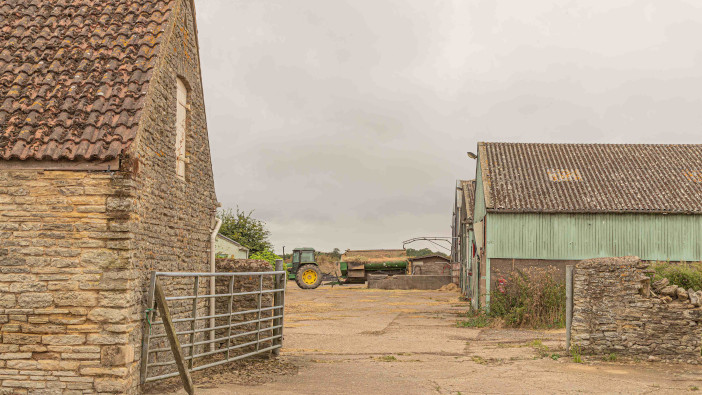Acres Insurance Brokers are advising landowners about potential grey areas in insurance responsibilities for landowners and contractors working on the ground.
The company notes that the changing funding schemes and incentives could make growers consider putting part of the farm, or the whole cropped area into a contract farming agreement (CFA). At the same time, farmers may consider taking on contracting operations to maximise their investment in equipment.
In situations like this, at what point does the insurance liability pass from the landowner to the contract farmer, and how do both parties be sure that the other is fulfilling their end of the deal?
In simple terms, there is no real defined boundary between the responsibility of the landowner and contract farmer,” explains Nigel Wellings, director of Acres Insurance Brokers.
“Potentially a landowner may be able to lose or at least reduce machinery cover, but having a contract farm is not a recipe for reducing your insurance bill.”

He goes on to say that the key to a successful business relationship is a clear and transparent CFA, with everything agreed in writing, including who is responsible for health and safety regulations and ensuring adequate public and employers’ liability insurance.
“Even when a good, transparent CFA is agreed, this does not absolve landowners from their responsibilities,” advises Nigel.
“The contract farmer is effectively a tenant on the landowners’ property, and accordingly the landowner must ensure all health and safety policies are agreed and adhered to, and that both the contractor and landowner have adequate cover for all on-farm activities.
“It may well be that the Health and Safety Executive will hold both parties responsible in the case of an incident, and this is why a clear CFA, combined with tailored insurance products is so important. Unfortunately, too often this is overlooked, or not given enough attention to detail.”
Nigel notes that choosing an insurance broker that understands the farming industry and the complexities within will be critical to the running of any agricultural business. It will also help if both parties have the same broker.
“It is vital that the person dealing with your company’s insurance policy has a detailed understanding of your business and any potential changes that could happen over the next year.”
He further advises that parties never accept a reviewed premium or policy without a thorough review, considering what is and is not covered.
“You wouldn’t buy a new piece of machinery without doing your research. Don’t do it with your insurance policy,” he says.
As an example, Nigel explains that contractors typically have higher risk ratings than farmers, which has an impact on the premium. Whole farm contractors should ensure that the rating is reflective of their activities.
“On-farm advisers should visit the farm to review insurance requirements on behalf of either the landowner, contract farmer or preferably both parties, to ascertain the accuracy of sums insured on all relevant insurable items,” he says.
“The broker can then determine the cover requirements, in conjunction with the client, and arrange insurance policies accordingly.”
For more information go to www.acresinsurance.co.uk


